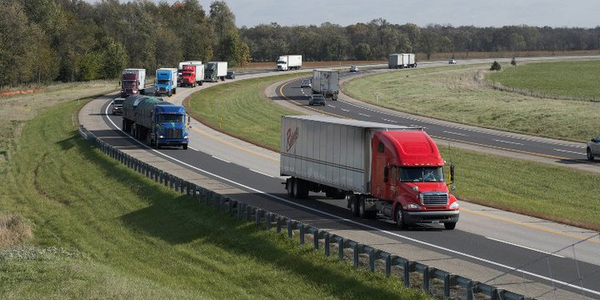 |
It's simple & easy to file with us.
With us you are covered.

Tax PractitionersContact us
for volume discount.
|
The Heavy Vehicle Use Tax (HVUT), which is collected by the federal government from owners of vehicles with a gross weight of 55,000 lbs. and more that use public highways, is an excise tax on the types of vehicles listed below. The IRS defines "Taxable Vehicles" in very specific ways, so YourTruckTax.com provides the information you need to fully understand how to determine which vehicles are subject to the heavy highway tax on HVUT Form 2290 and which vehicles are not.
IRS Form 2290 Taxable Vehicles
Highway motor vehicles that have a taxable gross weight of 55,000 pounds or more are taxable.
- A highway motor vehicle includes any self-propelled vehicle designed to carry a load over public highways, whether or not also designed to perform other functions. Examples of vehicles that are designed to carry a load over public highways include trucks, truck tractors, and buses. Generally, vans, pickup trucks, panel trucks, and similar trucks are not subject to this tax because they have a taxable gross weight less than 55,000 pounds.
- A vehicle consists of a chassis, or a chassis and body, but does not include the load. It does not matter if the vehicle is designed to perform a highway transportation function for only a particular type of load, such as passengers, furnishings, and personal effects (as in a house, office, or utility trailer), or a special kind of cargo, goods, supplies, or materials. It does not matter if machinery or equipment is specially designed (and permanently mounted) to perform some off-highway task unrelated to highway transportation except to the extent discussed below under Vehicles not considered highway motor vehicles.
- Use means the use of a vehicle with power from its own motor on any public highway in the United States.
A public highway is any road in the United States that is not a private roadway. This includes federal, state, county, and city roads.